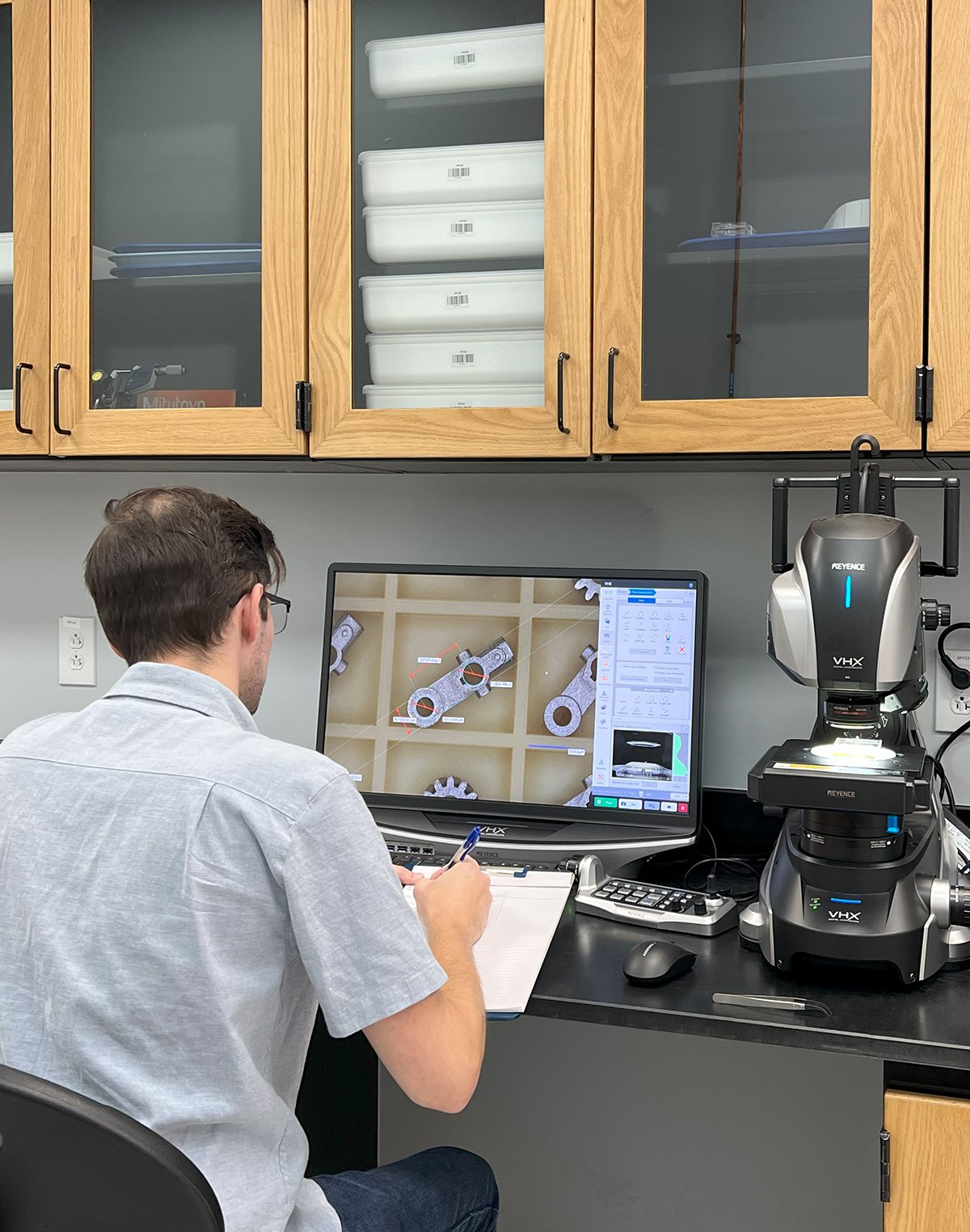
© 2026 Trio Labs, Inc. All rights reserved.
Materials
AVAILABLE NOW:
17-4 Stainless Steel
This stainless steel features a balance of corrosion resistance, strength, and machinability that makes it highly suitable for micro metal manufacturing. As a “surgical grade” steel, it is often preferred in medical device applications.
AVAILABLE SOON:
316L Stainless Steel
One of the primary “surgical grade” or “implant grade” steels, this metal has exceptional corrosion resistance, providing excellent biocompatibility for a wide array of surgical and interventional applications.
304L Stainless Steel
Similar to 316L, this low carbon stainless alloy is broadly used in surgical and interventional devices.
NEXT:
440C Stainless Steel
Heat treatment gives this metal grade significant strength, which assists its use in surgical instruments.
MP35N
This nickel-cobalt alloy’s toughness and resistance to corrosion make it suitable for a wide range of uses, such as pacemakers and other implantable devices.
Ti64
This alloy combines titanium, aluminum, and vanadium to produce strength and corrosion resistance. It is broadly used in implantable devices.